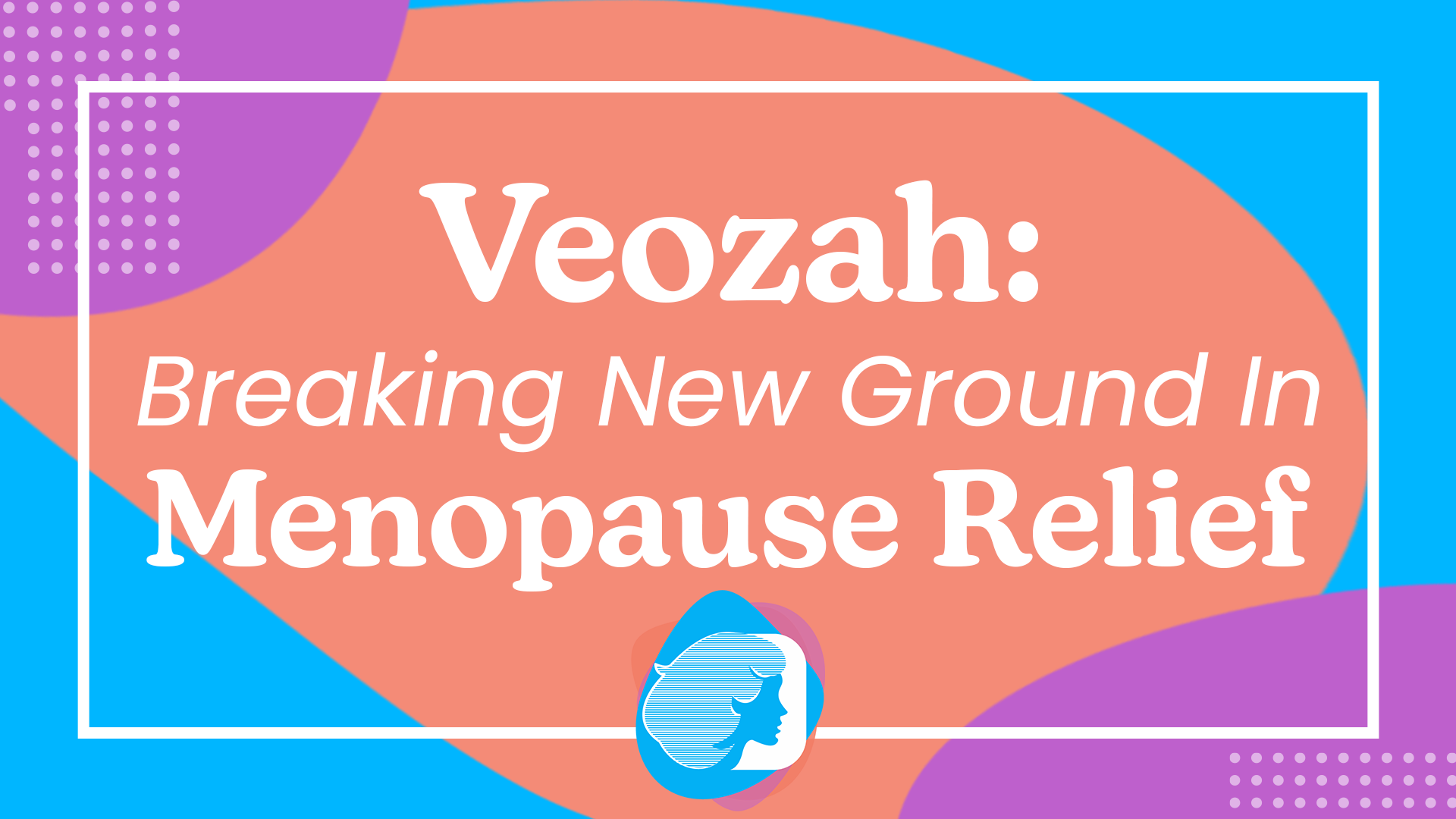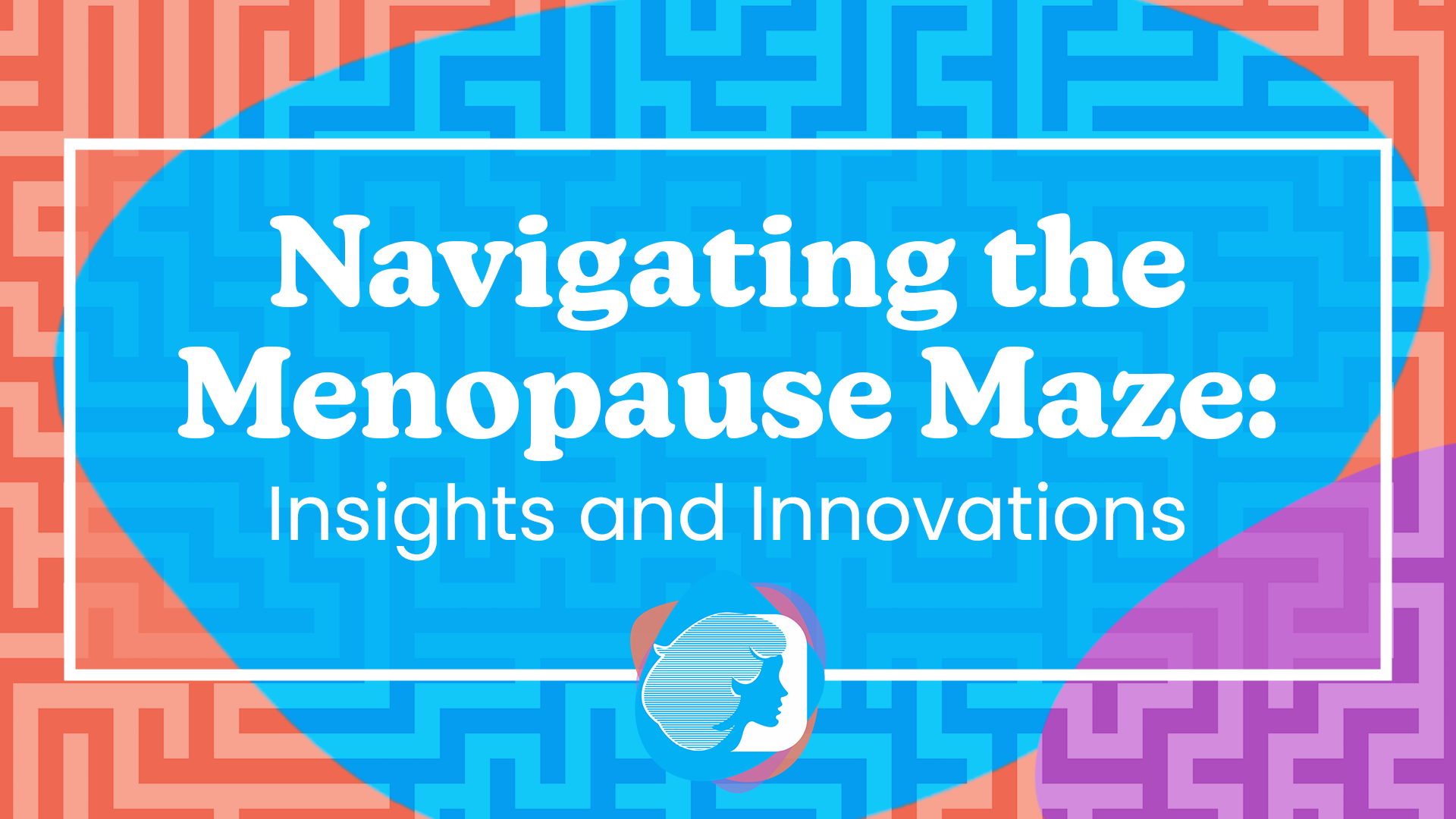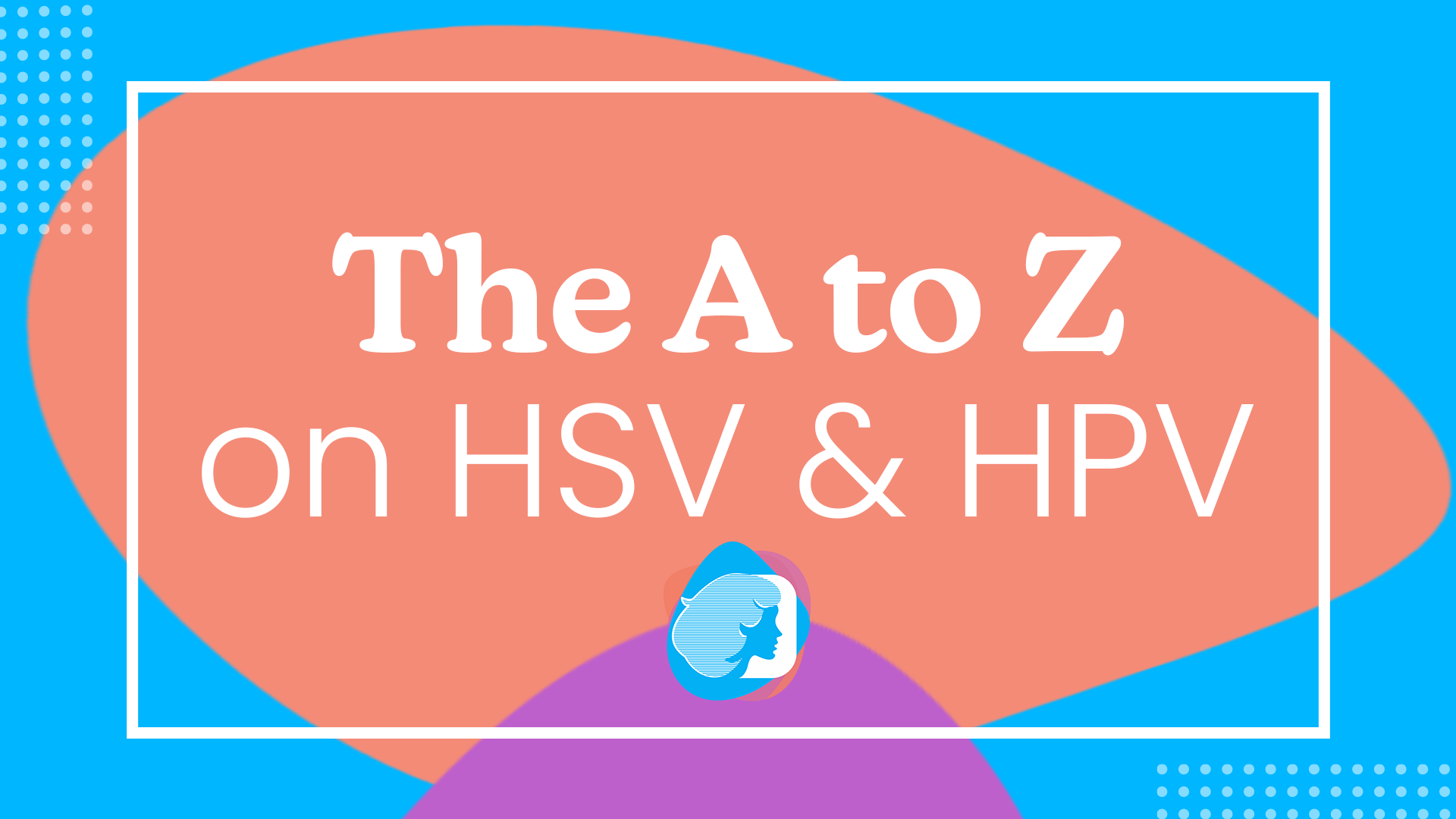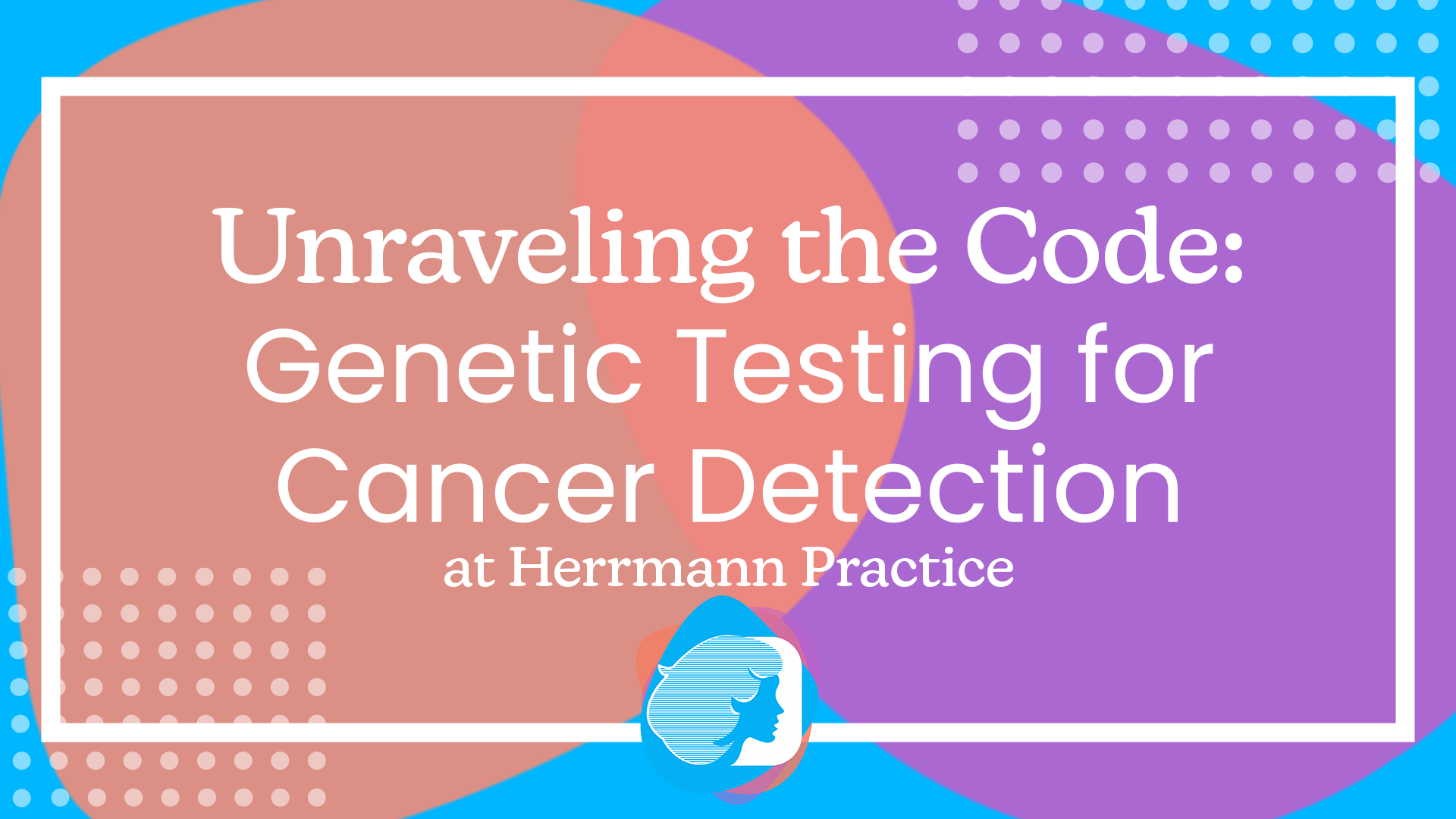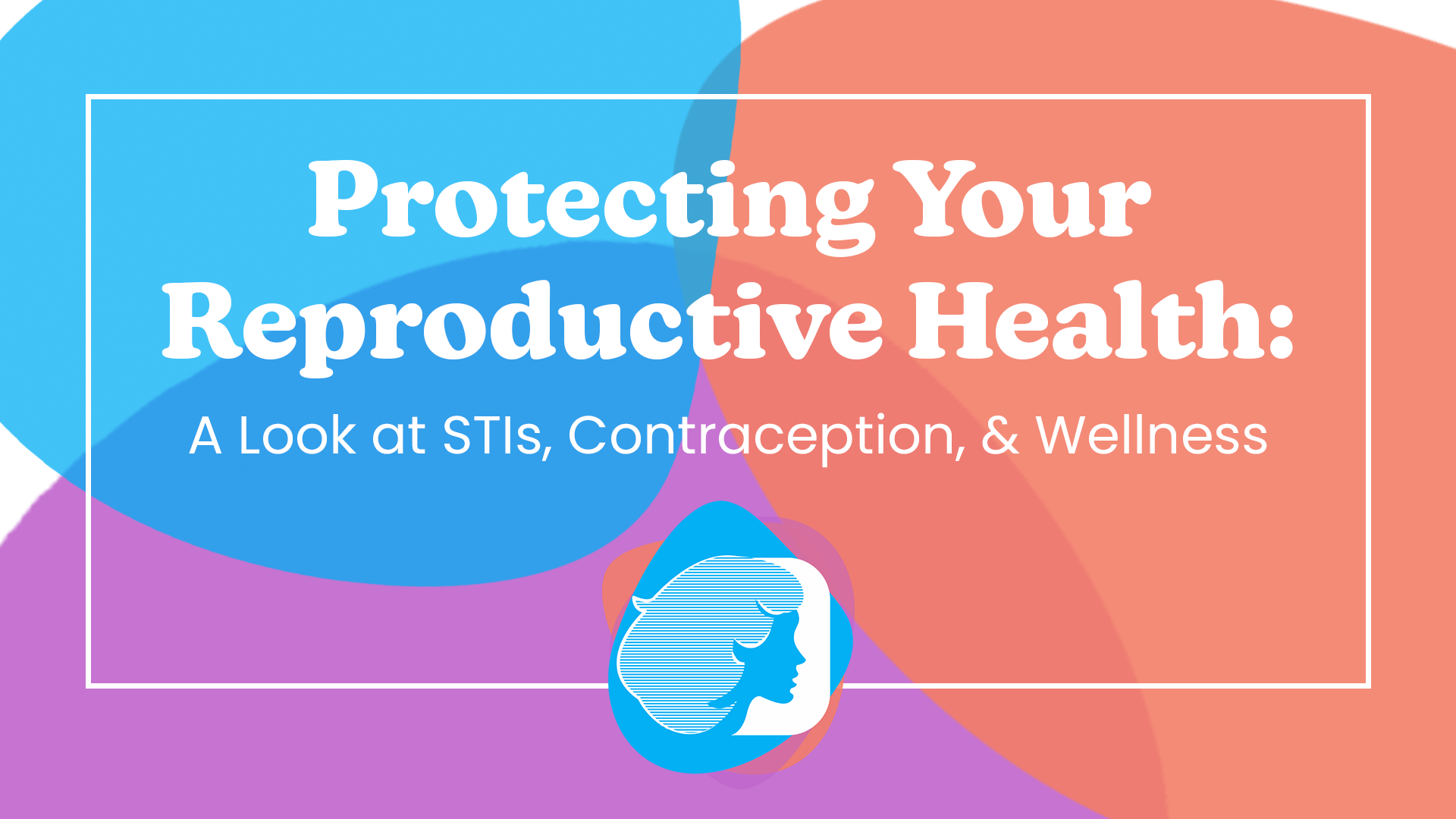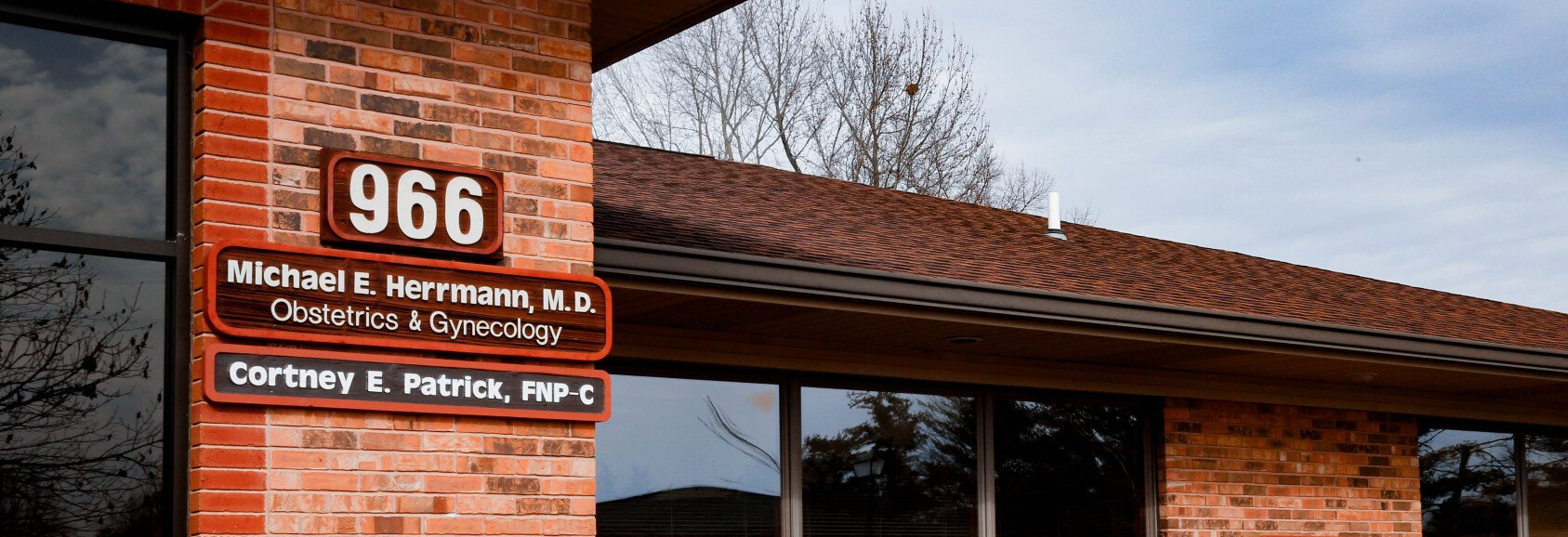Blog
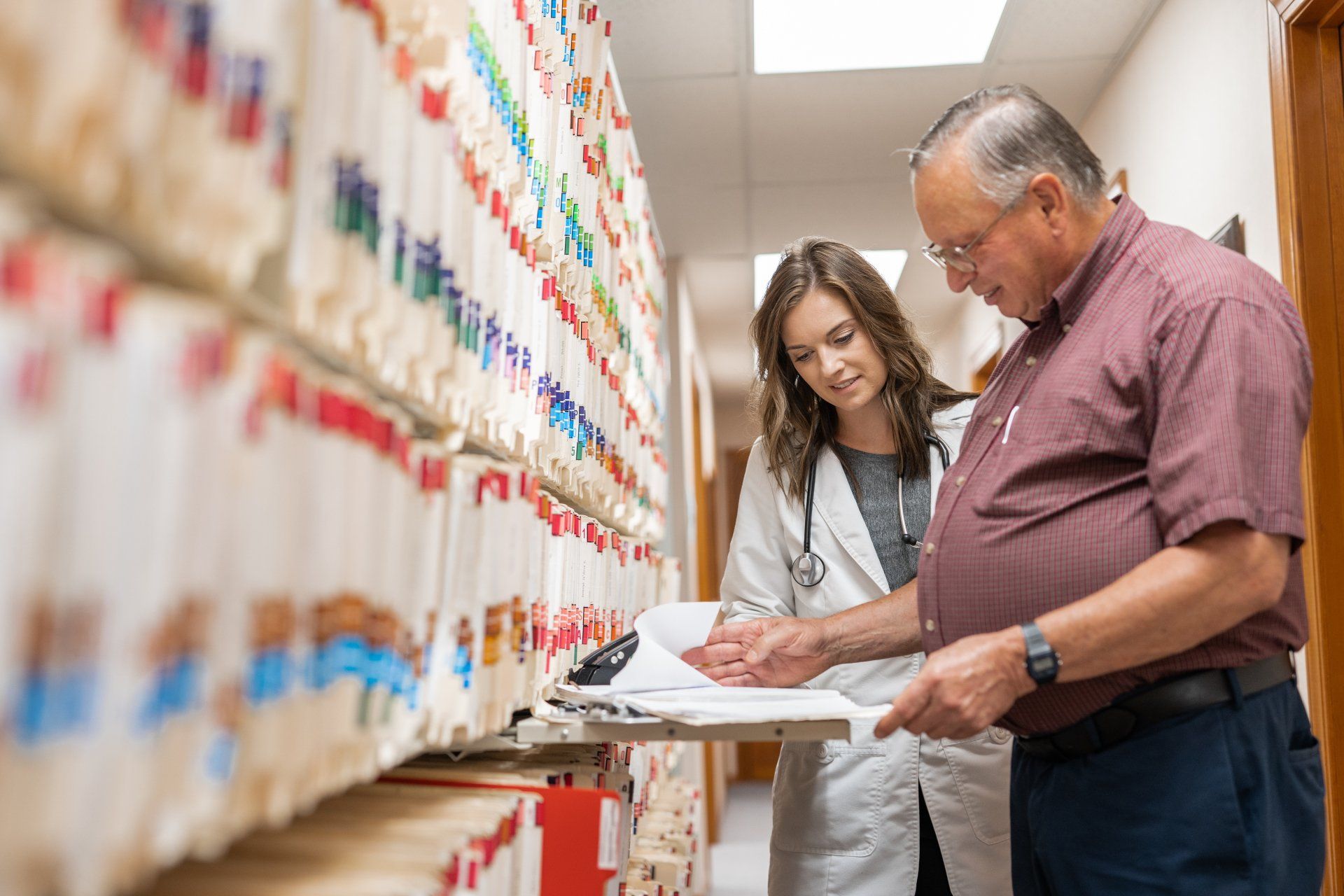
What is a mammogram? A mammogram is a very low dose X-ray picture of the breasts that doctors use to look for early signs of breast cancer. While you may feel anxious or nervous before your mammogram, the screening process is very important for your health maintenance. No matter your stage in life, it is common to have questions and concerns about your womanly health. At the Herrmann Practice, we are here for you. That's why we’ve compiled a list of frequently asked questions we receive to help you better understand what’s to come in your next mammogram! . FAQ: Q: At what age should women start having mammograms? A: The standard recommended starting age is 40 and then annually. Q: What if I am high risk for breast cancer, should I have a mammogram before age 40? A: High risk primarily means women with the BRAC 1 and BRAC 2 genetic mutations and women that have already had breast cancer. These women need close surveillance with mammograms and possibly MRIs. Q: Are mammograms painful? A: Most women describe a mammogram as mildly uncomfortable. For women with very large or sensitive breasts it may be more uncomfortable. Q: If I have breast implants, can a mammogram cause them to rupture? A: This would be an extremely rare occurrence. Q: What is the difference between a screening mammogram and a diagnostic mammogram? A: A screening mammogram consists of two views. A diagnostic mammogram is a more focused mammogram consisting of three views. A diagnostic mammogram is medically indicated when there is an abnormality on the screening mammogram or a lump is present. A radiologist is also present for a diagnostic mammogram to do an exam and be sure the mammogram is focused on the abnormal area. Q: What if I want a diagnostic mammogram, can’t my doctor just order that? A: It must be medically indicated or insurance companies won’t pay for it. Q: Can the radiation from a mammogram be harmful? A: No, the amount of radiation from a mammogram is less than that of a chest x-ray and does not increase the risk of breast cancer. Q: What is a 3D mammogram? A: The technique is the same but instead of just one view there are multiple views. Q: Can anyone request a 3D mammogram? A: Yes but not all insurance companies pay for them unless you have dense breasts. Q: What are dense breasts? A: Breasts are made up of glandular and fatty tissue. Women who have a higher ratio of glandular tissue are said to have dense breasts. This has nothing to do with firmness. Q: How accurate are mammograms? A: The current mammogram equipment is very good (of course not perfect) at detecting breast cancer before a lump can be felt. Mammograms are less accurate in women with dense breasts and women with breast implants. In some cases the mammogram may be inconclusive and requires a diagnostic mammogram, an ultrasound, and in some cases a biopsy. Sometimes a six month follow up mammogram is recommended. Q: Does it matter where I get my mammogram done? A: Any mammogram is better than not having one. Mobile units that used to go to workplaces were popular due to convenience. These no longer exist for a variety of reasons. A hospital or breast center generally has the latest equipment and expert radiologists. Q: Is there an age when I can stop having mammograms? A: That depends on your overall health. If you have a life expectancy of less than ten years a mammogram probably isn’t of much value. Conclusion: The experts at The Herrmann Practice are here to ensure that you are living a happy and healthy life. To learn more about Mammograms, contact us or schedule your yearly appointment at The Herrmann Practice today!

When should young women start seeing an OBGYN? Everyone’s health care needs are different, but establishing women’s healthcare during adolescence is important to promoting long-term healthy lifestyles. In fact, according to the American Congress of Obstetricians and Gynecologists (ACOG), it is recommended that young females have their first Ob-Gyn visit when they’re 13 to 15 years old. This can be a nerve-racking and uncomfortable time in a young woman’s life and a visit with a trusted medical professional can answer questions about the changes during puberty. Continue reading to learn more about why establishing patient care with an Ob-Gyn is important at a young age in a woman’s life.



